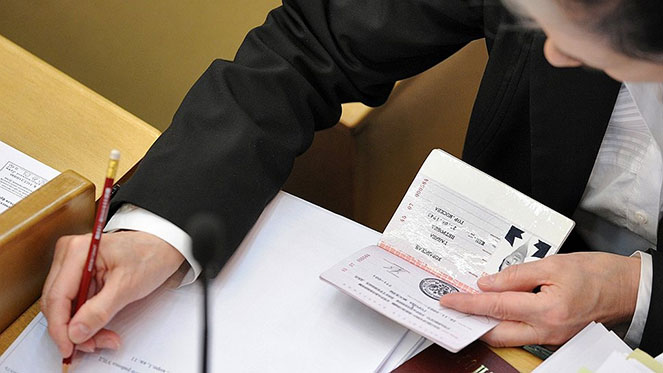What is the procedure for changing citizenship
Many foreigners have been living in a non-native country for decades on the basis of permanent residence. This status does not create any particular inconvenience, except for restrictions on participation in politics as a voter or candidate. For others, changing citizenship is a welcome way to sever all ties to their country of birth.
Although there is no single procedure for obtaining citizenship, we can talk about the most common events. How to change citizenship? In general, there are two ways to become a citizen of another state - by law and by an administrative decision of authorized bodies.
Acquisition of citizenship by law (ex lege) can take place on the basis of:
- blood rights;
- soil rights;
- marriage to a citizen of another country;
- naturalization (sometimes bestowed for special services to the country).
In the case of the right of blood, an individual becomes a citizen of a state by being born to a parent/parents who are citizens of the country.
Soil law operates in a similar way, according to which status is assigned to those born in the country. This system does not work in Europe, but is active in the United States, Mexico, Latin America and the Caribbean.
In addition to these ways, the admission to citizenship also takes place on the basis of the decision of the immigration service.
Status Acquisition Procedure
The general scheme of the process is as follows:
- Entry into the country on a resident visa.
- Registration at the place of residence.
- Obtaining a residence permit (with regular renewal).
- Obtaining permanent residence and living in this status for a certain number of years.
- Applying for citizenship.

At the last stage, the applicant must already be sufficiently integrated into society, have a legal source of income and housing, and be a law-abiding resident. It is important to adhere to the regime of leaving the country - a prolonged absence can nullify all attempts to become a citizen.
Where to begin
Since events require time and money, you should collect information about the country in which you are going to settle. It is advisable to study the following questions:
- Features of migration legislation.
- The degree of complexity of the legalization procedure.
- Requirements for applicants.
- Employment and housing opportunities.
- Level and cost of living.
- social privileges.
- Benefits of being a citizen.
Try to determine in advance whether you can get used to cultural and religious differences, a different climate. To do this, you can go on a tour around the country. Although the perception of local conditions among tourists differs from reality, it is better than putting everything on the line and finding yourself in unacceptable conditions.
Alternative ways
You can become a citizen of some countries by investing in the economy, buying real estate or bonds. How to change citizenship "for money"? For example, in order for a family of four to settle in Dominica or Saint Kitts and Nevis, it is enough to have $285,000 (€130,000 for one).
Investing is the more expensive way. To become a Cypriot, you will have to invest 3-5 million euros. The Maltese authorities require potential citizens - heads of families - to make a donation of €650,000 and an investment of €500,000. A contribution of €25,000 is charged from other family members.
European requirements
In many EU states, you can "buy" a passport or a "golden visa". This method, available to wealthy foreigners, is beneficial to both parties: the country receives investments, and the foreigner receives EU citizenship and all its benefits.




